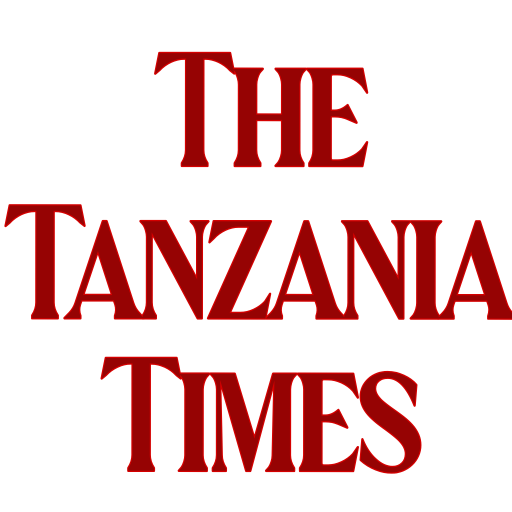A staff team from the International Monetary Fund led by the IMF mission chief for Tanzania Charalambos Tsangarides, visited Dodoma and Dar es Salaam from October 2 to 17, 2024, and held discussions with the authorities.
They addressed the fourth review under the Extended Credit Facility (ECF) and the first review under the Resilience and Sustainability Facility (RSF).
Subject to approval by the IMF Executive Board, the review will make available Special Drawing Rights 198.61 million (about USD 265.78 million), bringing the total IMF financial support under the Extended Credit Facility arrangement to SDR 568.84 million (about USD 758.11 million), and SDR 85.24 million (about USD 114.07 million) under the Resilience and Sustainability Facility.
“I am pleased to announce that the IMF team and the Tanzanian authorities have reached a staff-level agreement on the policies needed to complete the fourth review under Tanzania’s ECF-supported program, and the first review of the RSF arrangement. The IMF’s Executive Board will discuss these requests in the coming weeks,” said Tsangarides
“The momentum in Tanzania’s economy is continuing in 2024 with economic activity growing at about 5.4 percent, in the first half of 2024 after an annual growth of 5.1 percent in 2023.
Inflation in September remained stable at 3.1 percent (Year over Year Analysis), well within the Bank of Tanzania (BoT) target,” added the IMF official.
“Earlier headwinds to the economy have subsided, and improved liquidity in the foreign exchange market has alleviated some of the shortage in the formal market, although pressures remain.”
The IMF sees the outlook to be favourable, with growth expected to pick up to 5.4 percent in 2024; however, risks are tilted to the downside as intensification of regional conflicts, increased commodity price volatility, a global slowdown, re-emergence of FX pressures in the first half of 2025, and climate related disasters, could weigh negatively on the economy.
“The current account deficit improved markedly to about 3.1 percent of GDP in Fiscal Year 2023/24 from 6.5 percent of GDP the previous year, on the back of strong service exports growth and a slowdown in imports of goods and services helped by lower commodity prices.
Improvements in the current account balance year-on-year, 13 percent exchange rate depreciation over the same period, and the seasonal inflows of dollars in the second half of the year have helped ease some of the foreign exchange market pressures.
The Central Bank of Tanzania remains committed to continue to allow exchange rate flexibility to ensure a market determined exchange rate, while limiting FX interventions to avoid disorderly market conditions, in line with its intervention policy. Maintaining a moderately tight monetary policy stance will complement efforts to ease pressures in the FX market, while preserving price stability.
“Fiscal consolidation in Financial Year 2023/24 was achieved through improvements in tax revenue collections and adjustments in current spending.
The Fiscal Year 2024/25 budget envisages continued growth-friendly consolidation, supported by tax policy and revenue administration efforts. The government is committed to increase priority social spending to protect the most vulnerable. The authorities’ structural reform agenda aims to support a resilient, sustainable, and inclusive growth through improving the business environment and strengthening governance.
“At its meeting in October, the BoT Monetary Policy Committee maintained the policy rate, the Central Bank Rate, at 6 percent, to contain emerging inflationary pressures. The BoT will continue to calibrate its monetary policy to maintain low and stable prices, while safeguarding the recovery of economic activities from the impacts of global economic shocks and unfavourable weather conditions.
“Supported by the RSF, the authorities are implementing their climate reform agenda to address climate policy challenges and enhance the resilience and sustainability of the Tanzanian economy. Efforts are underway to clearly define the institutional framework for climate change related policies and strengthen public investment management in line with climate impacts and risks. Progress on the implementation of the RSF reforms continues, and the authorities are mobilizing technical and financial assistance from development partners.
“The mission met with the Minister of Finance, Dr. Mwigulu Nchemba, Bank of Tanzania Governor, Mr. Emmanuel Tutuba, other senior officials, development partners, and private sector representatives. The IMF team would like to thank the Tanzanian authorities and other counterparts for their hospitality, and the candid and productive discussions.”



